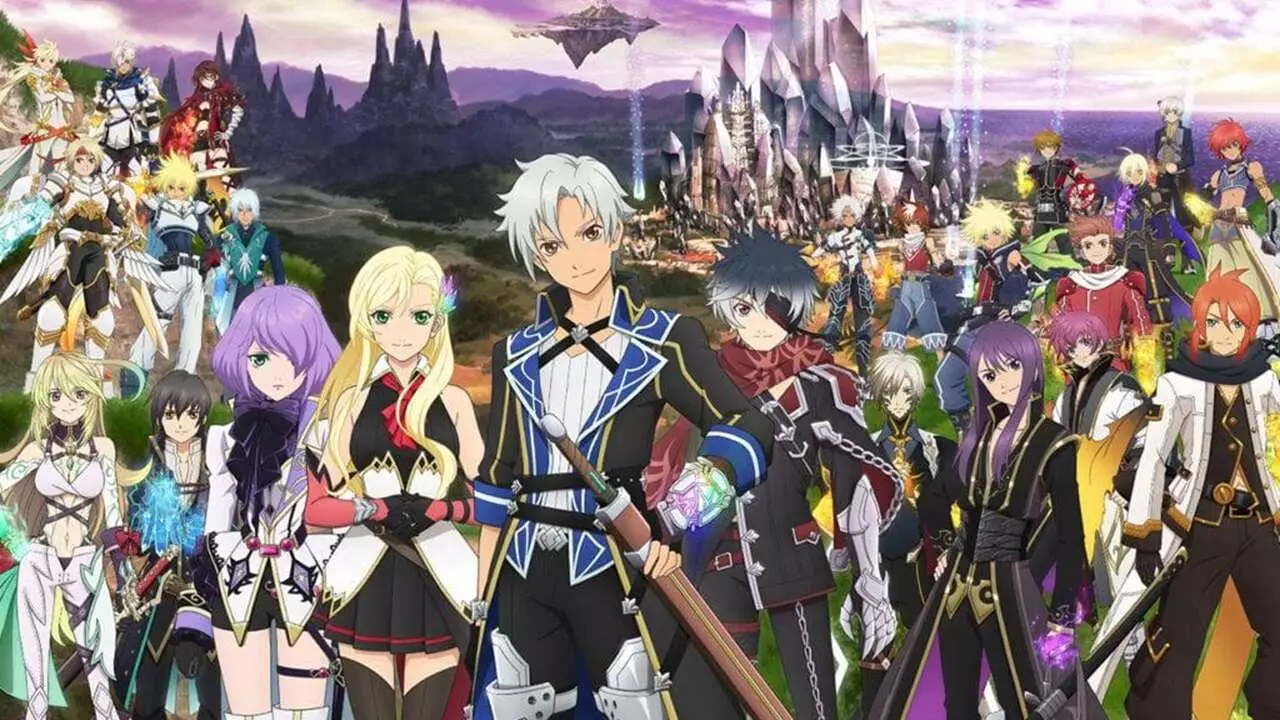The video game industry has been bracing for tumultuous changes, and Bandai Namco’s recent actions signify a troubling trend among major gaming companies. Reports indicate that Bandai Namco has put a halt to several anticipated projects, including games based on beloved franchises such as One Piece and Naruto. This decision comes alongside the cancellation of a mysterious collaboration with Nintendo, further emphasizing the company’s strategic retreat amid economic uncertainties and internal restructuring.
Perhaps more alarming than the cancellations is the alleged method Bandai Namco is employing to manage its workforce. Reports have surfaced about the company’s utilization of a controversial practice known as “oidashibeya,” or “expulsion room.” This approach involves isolating employees in unassigned roles, ultimately pressuring them to resign voluntarily, thereby circumventing the burden of severance pay. Although Bandai Namco has publicly denied implementing such techniques, significant staff departures—approaching 100 resignations—raise eyebrows and call for scrutiny regarding the company’s management practices.
The tension created by such controversial strategies not only damages employee morale but also poses a risk to the company’s reputation. The gaming community is keenly aware of corporate ethics, and negative perceptions can have a long-lasting impact, especially for a company known for its richly engaging games.
Discontinuation of multiple projects signals deeper issues that might resonate with the fanbase. Gamers who relish the adventures within the worlds of One Piece and Naruto are left disillusioned as their excitement morphs into disappointment. Furthermore, Bandai Namco’s closures are not limited to high-profile franchises; even long-standing titles like “Tales of the Rays” have faced the chopping block. This presents a concerning narrative: how much longer can a company rely on its established franchises without innovation and consistently delivering new content? The actions taken by Bandai Namco may alienate devoted fans and stifle potential growth in an evolving marketplace that favors constant engagement and fresh offerings.
Despite this string of negative headlines, not all news from Bandai Namco has been grim. The recent launch of “Dragon Ball: Sparking Zero” signals a flicker of optimism within the company. Achieving sales of over three million units within its first 24 hours demonstrates that there remains a demand for compelling gaming experiences. This juxtaposition reflects the complex state of the company—while it may face setbacks in some areas, it also showcases its ability to produce hits that resonate with consumers.
Bandai Namco now finds itself at a critical juncture. The decisions made amid corporate upheaval will have lasting consequences for both its staff and its audience. Moving forward, it must seek to balance prudent fiscal management with the creative innovation that has historically defined its offerings. Engaging with fans and nurturing the talent within its ranks will be essential tasks as the company aims to stabilize itself and reclaim its position as a pillar of the gaming industry. More than ever, the future of Bandai Namco hinges on strategic clarity and commitment to its creative endeavors.

